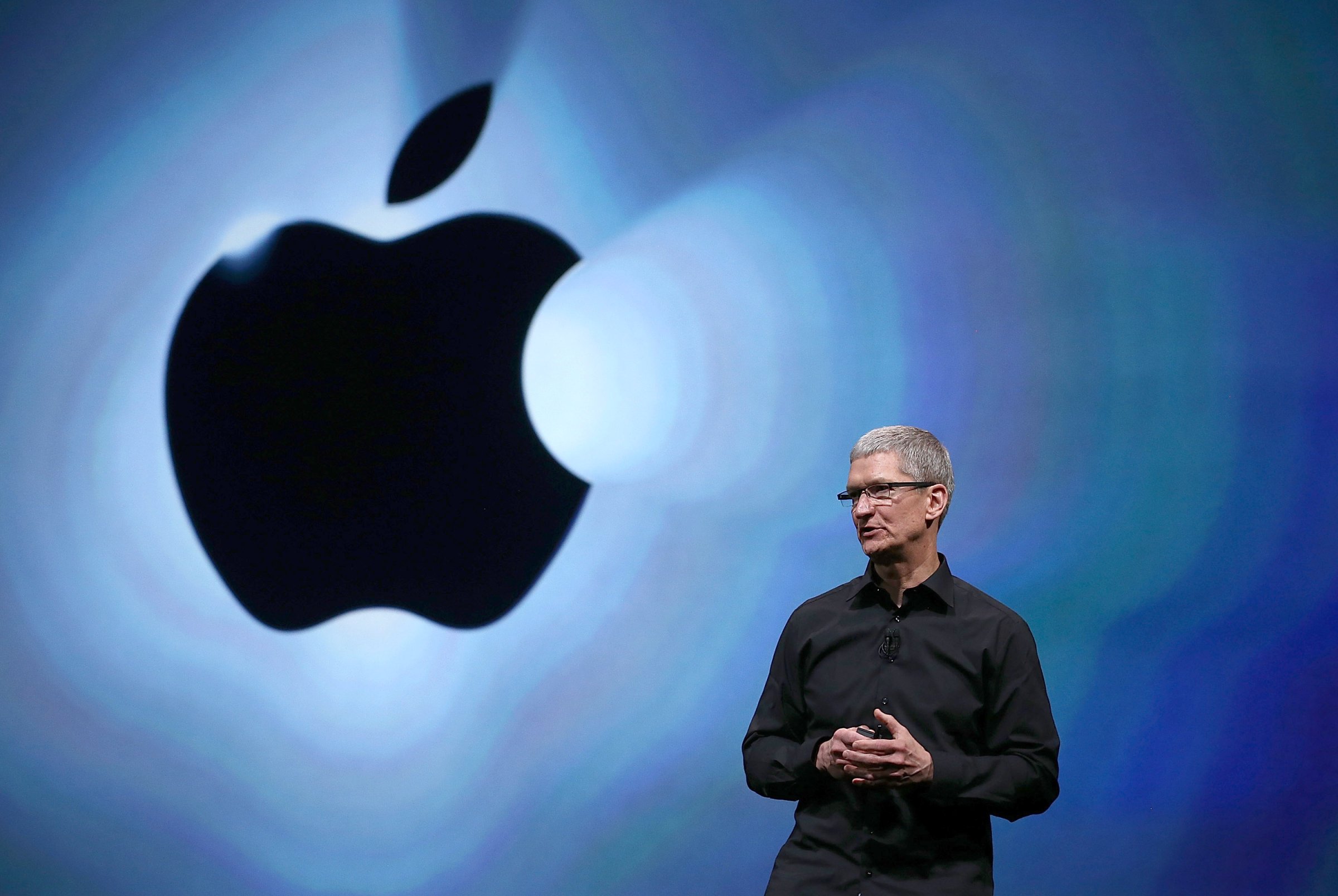
Apple’s most recent quarterly earnings report, in which the Cupertino, Calif. firm forecasted its first revenue drop in over a decade, inspired much naysaying from investors and technology pundits alike. Largely lost in the doom and gloom, however, was a reason for optimism about the iPhone maker: Apple made about $5.5 billion in the quarter from its “Services” category, which includes app, music and movie sales in the iTunes Store, data storage services, and more.
That Apple highlighted its sunny Services figure in an extracurricular report along with its otherwise dire forecast made it easy to argue the company is playing Wizard of Oz. Pay no attention to the lagging iPhone growth behind the curtain! Despite this, there is real merit to Apple’s argument.
Put simply, Apple wants the world to think of it as more than just The iPhone Company. That’s a tough argument to make — the world’s most recognizable smartphone accounted for nearly 70% of Apple’s $75.9 billion in revenue for the most recent quarter. But Apple has to make it. Investors have long viewed hardware companies with skepticism, as they’re slower to respond to shifting consumer demands. (See: GoPro, Fitbit.) Meanwhile, companies focused on services, like Google and Facebook, are rewarded handsomely.
So that’s why Apple executives, including CEO Tim Cook, were peddling the services narrative on an earnings call with investors last week. Their argument is threefold:
All of these points are true. And taken together, they paint a potentially very rosy picture of Apple’s future.
Consider this: Assume Apple gets just a small portion of iPhone buyers to sign up for Apple Music at $10/month, Apple TV at, say, $20/month (Apple hasn’t yet confirmed any TV subscription plans) and cloud storage at $5/month. If just 10% of Apple’s user base does this, it’s looking at more than $10 billion in predictable Services revenue every quarter. And if Wall Street loves anything, it’s predictability. (All this to say nothing of Apple’s still-fat iPhone margins, its ability to steal market share from Android handsets, and its untapped potential in selling services to other businesses.)
Ultimately, Apple wants to be the first fully integrated hardware and services consumer technology company in the world. We’ll sell you your gadgets and all the stuff that makes your gadgets even better, the argument goes. It’s up to Apple’s investors to figure out if they believe the company can pull it off.
Tim Bajarin is recognized as one of the leading industry consultants, analysts and futurists, covering the field of personal computers and consumer technology. Mr. Bajarin is the President of Creative Strategies, Inc and has been with the company since 1981 where he has served as a consultant providing analysis to most of the leading hardware and software vendors in the industry.
More Must-Reads from TIME
- Donald Trump Is TIME's 2024 Person of the Year
- Why We Chose Trump as Person of the Year
- Is Intermittent Fasting Good or Bad for You?
- The 100 Must-Read Books of 2024
- The 20 Best Christmas TV Episodes
- Column: If Optimism Feels Ridiculous Now, Try Hope
- The Future of Climate Action Is Trade Policy
- Merle Bombardieri Is Helping People Make the Baby Decision
Contact us at letters@time.com